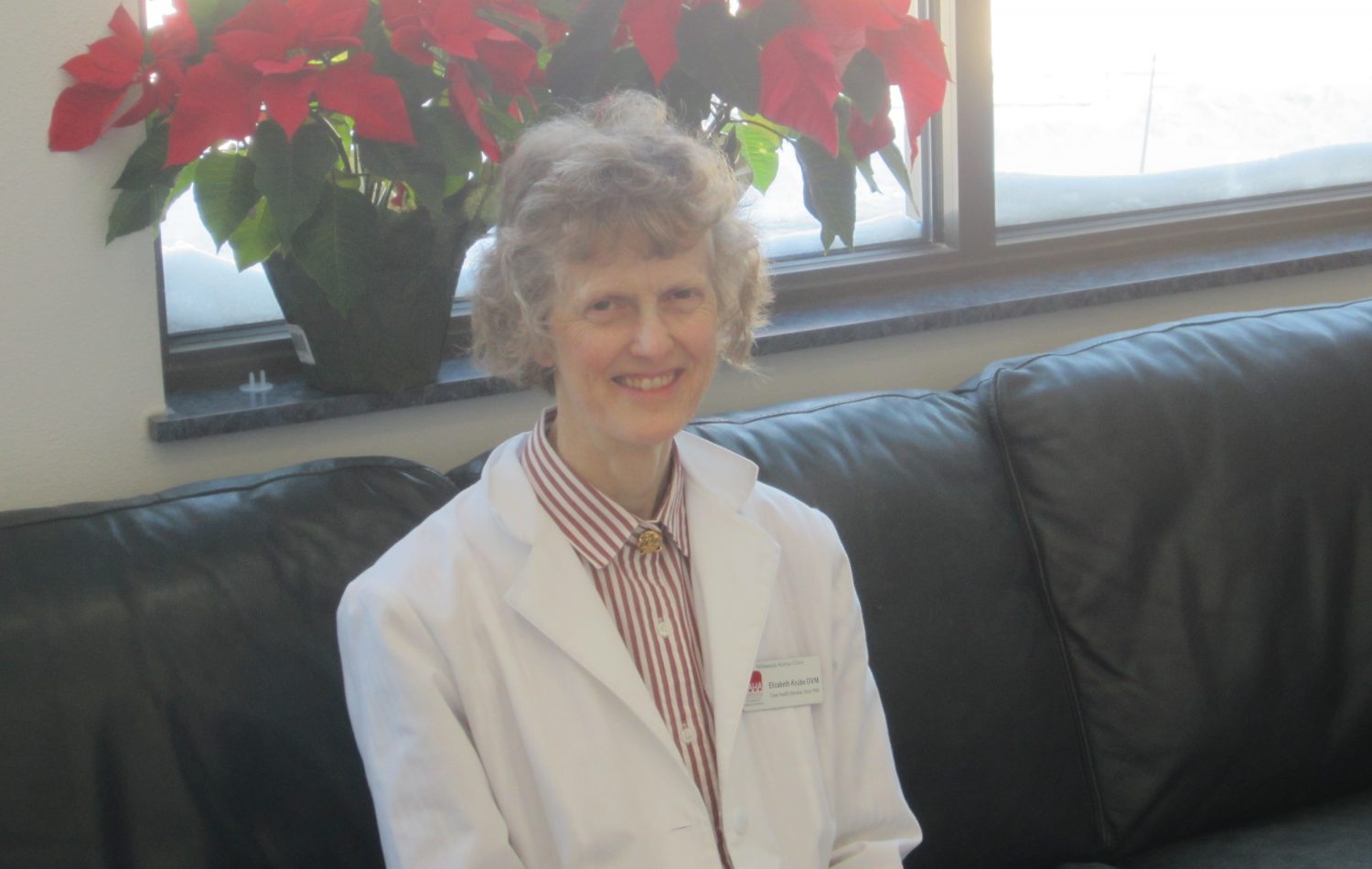The Vet’s Office: The challenges of feline heart disease

By Dr. Elizabeth Knabe, DVM, and Holly Henschke, CVT
Wildwood Animal Hospital and Clinic LLC
Feline heart disease is more common than many people realize.
Recent studies show approximately 16-44 percent of cats that appeared healthy had a heart murmur, and of those with murmurs, about 20-30 percent had actual heart muscle disease.
In the early stages of both canine and feline heart disease, there are usually no symptoms. As disease progresses, dogs will start to show signs such as coughing and exercise intolerance. Meanwhile cats will not show a cough and since they are mostly sedentary creatures, owners will not notice any lack of exercise abilities.
The earlier disease conditions are recognized, the earlier therapies can start that can help slow disease progression. Since cats are good at hiding their heart disease, then we must be good detectives to find this as early as possible.
Your veterinarian will want to do a physical exam on your cat at least yearly. Some cats with early heart disease will present with a heart murmur. Feline hearts are small, and the room needs to be quiet to hear the softer murmurs.
Weight loss and reduced muscle mass, due to heart disease, can be missed by owners but can be detected at the exam. Additional tests of blood for kidney and other organ function, as well as thyroid level, help find conditions that can affect the heart. A newer blood test, proBNP, looks for heart muscle stress and strain and is elevated in heart disease before symptoms are seen.
One of my two cats, 12-year-old brothers, was just diagnosed with heart disease in the early stages. I listened to his heart on an exam before his teeth cleaning, under anesthesia, and heard an abnormal sound called a gallop rhythm. Instead of the normal two-beat sounds, I heard a three-beat rhythm like a horse’s gallop.
I took him to a specialist for a cardiac ultrasound, which showed very thickened heart muscle walls. He doesn’t need medications yet, but if future ultrasounds show more changes, then he will need some of the drugs now very useful in human cardiology – such as platelet inhibitors and blood pressure drugs.
Even if owners do not pursue advanced diagnostics, there are still things they can do for their cats. Simply watching for abnormal, unusually fast breathing at rest is important. This can be an early warning that fluids are building up in the lungs, due to poor heart function. Your veterinarian can take chest x-rays if fluid is suspected, and the fluid can be drained if needed.
The field of feline cardiology is rapidly advancing, and the future likely holds more promise of effective treatments for our feline friends.
Wildwood Animal Hospital and Clinic LLC is located at 210 Airpark Road in Marshfield and online at wildwoodanimalhospital.net.
Leave a reply
You must be logged in to post a comment.






